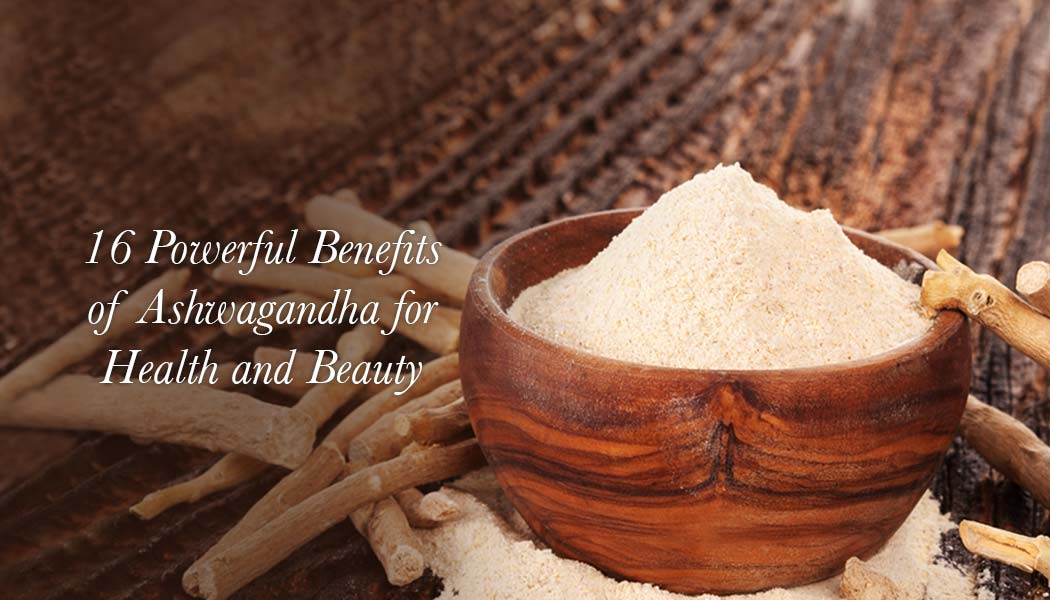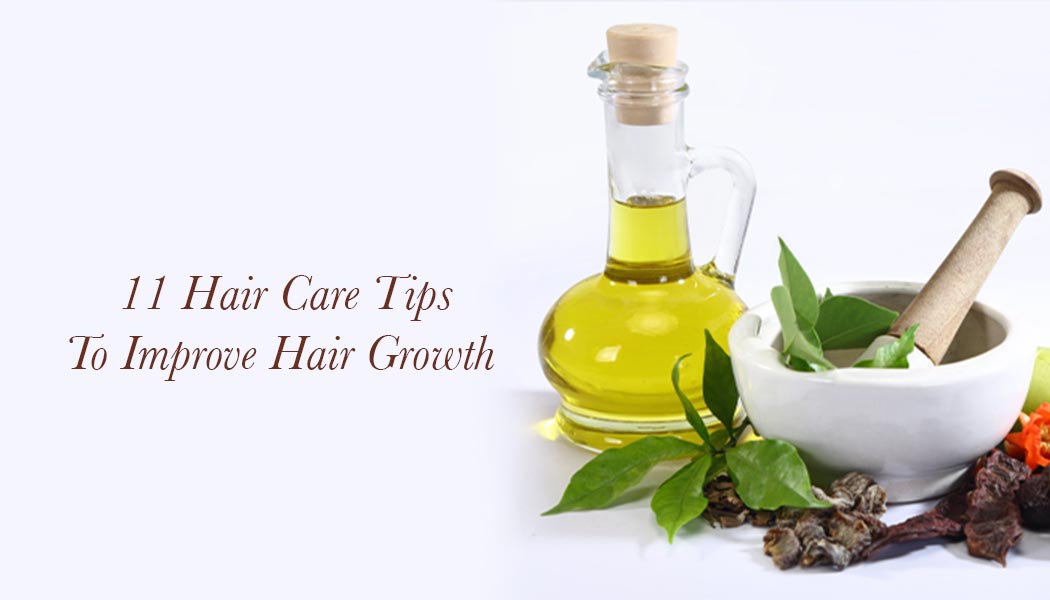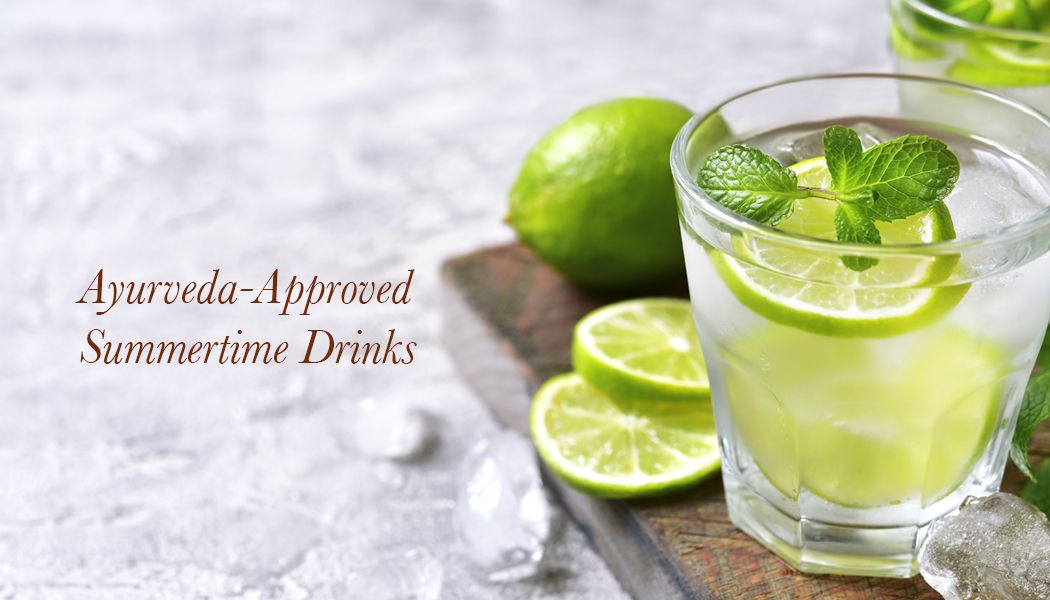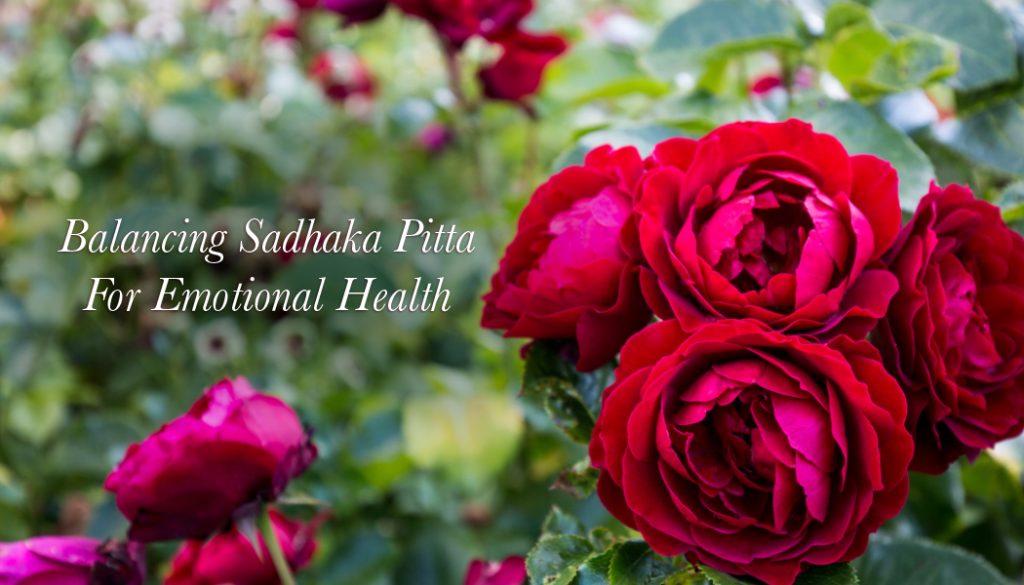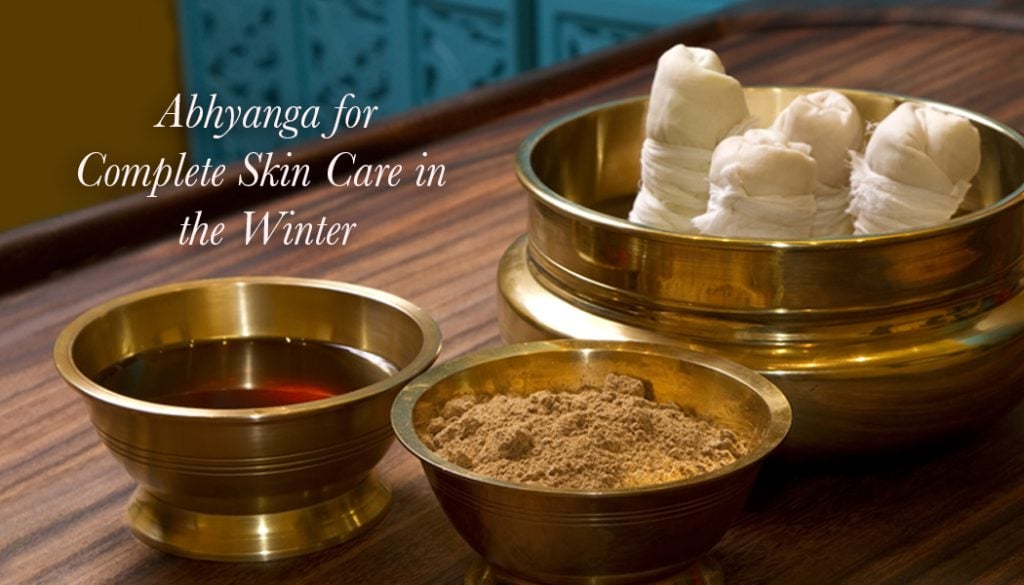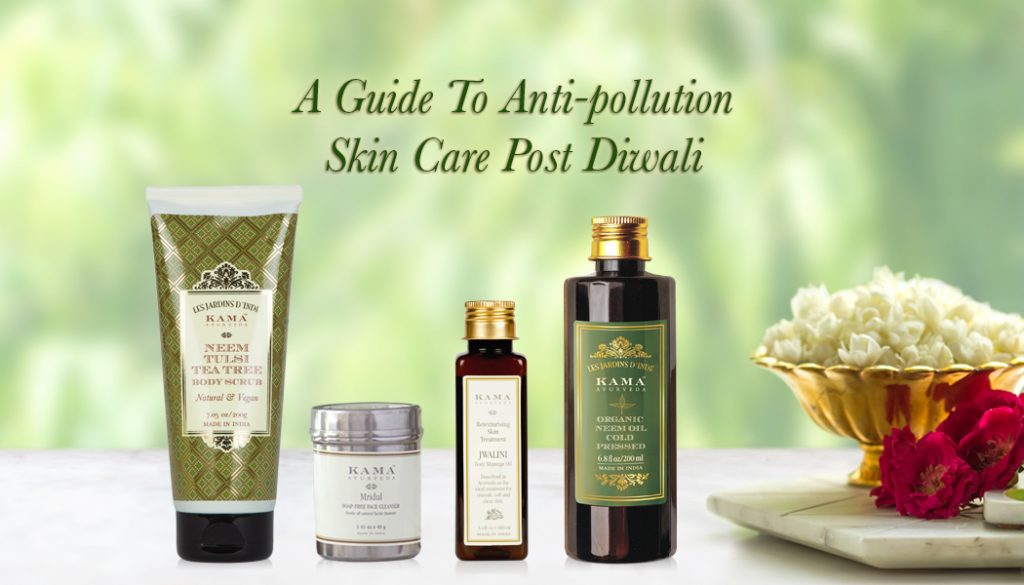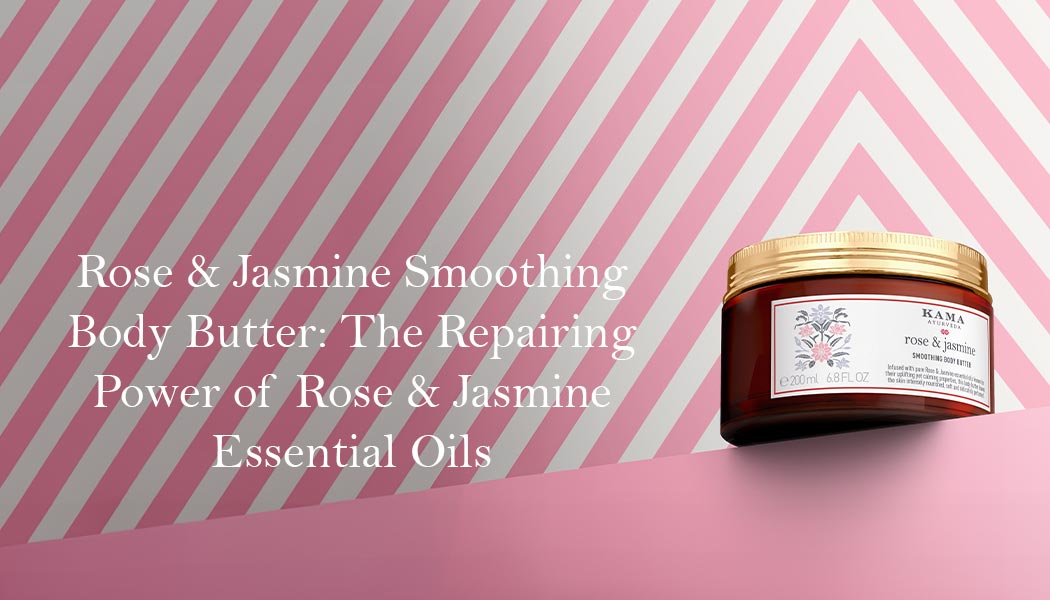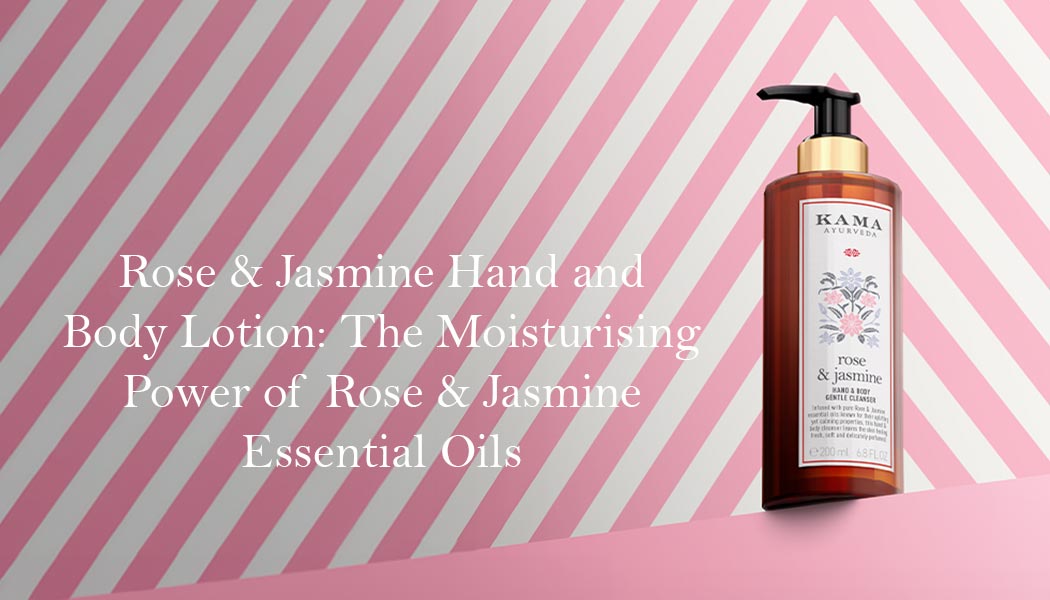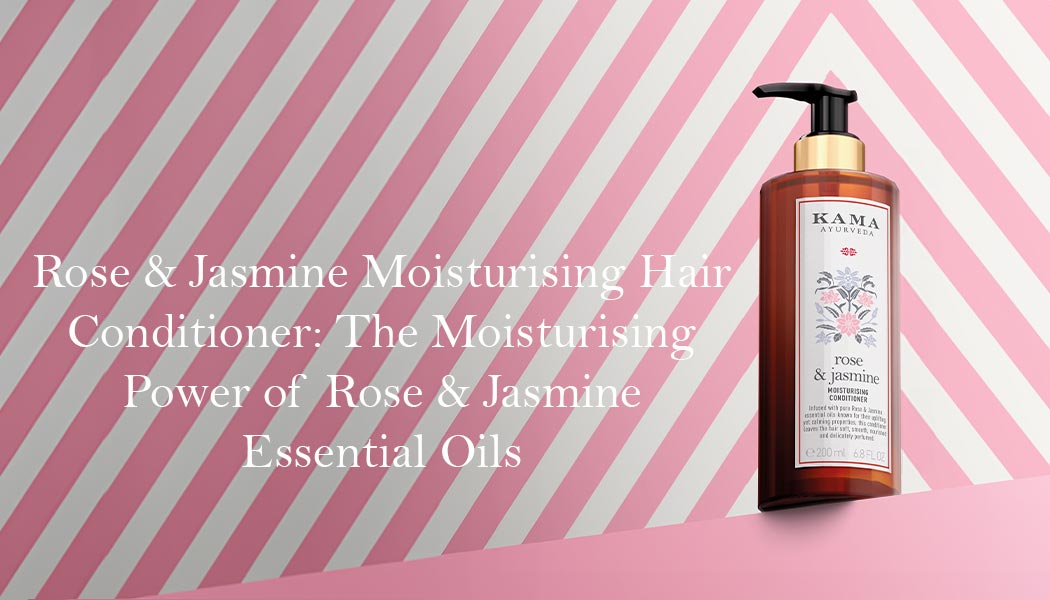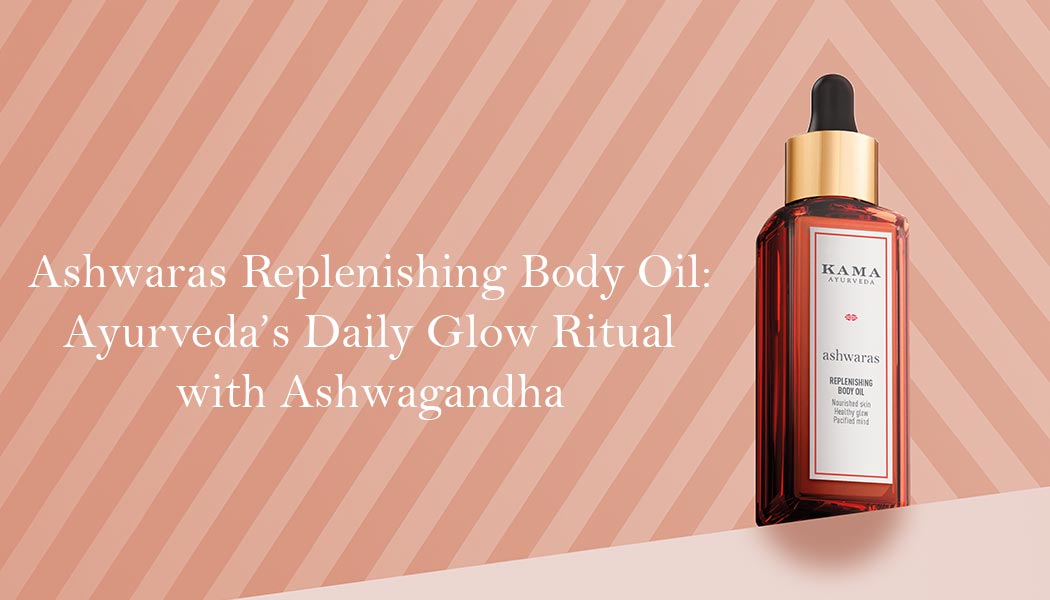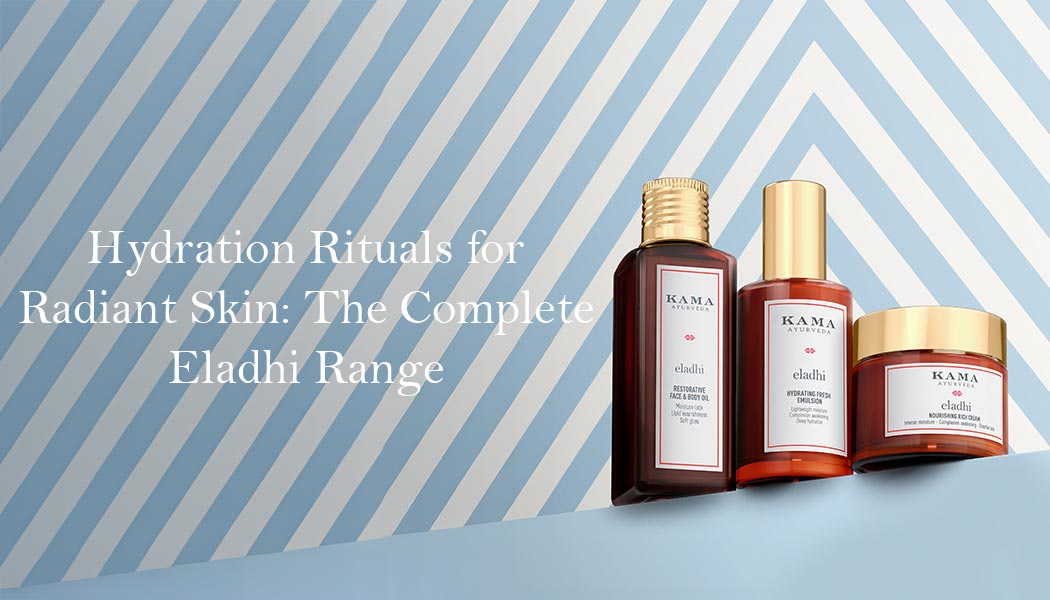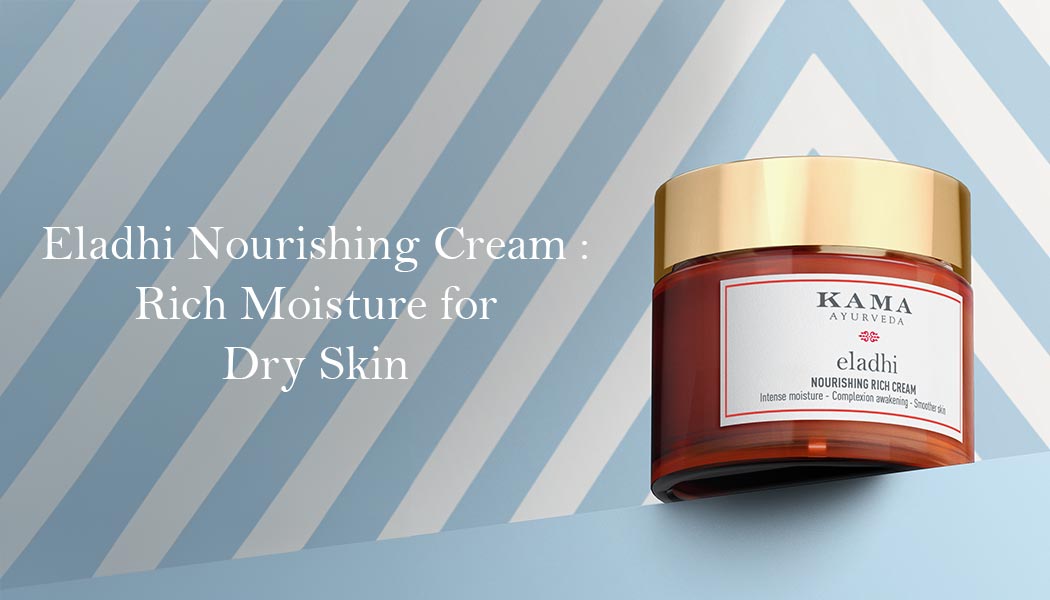- 27 July 2016
- 5 mins read
1. How would you define an organic beauty product? What are the parameters by which a user can identify an organic product?
If a cosmetic, body care or personal care product contains or is made up of agricultural ingredients and can meet the National Organic Program (NOP) organic production, handling, processing and labelling standards, it may be eligible to be certified as an organic beauty product under the NOP regulations.
An user can identify an organic product once they are certified. Each can fit in to one the following categories after certification:
(a) 100% ORGANIC – If the following conditions are fulfilled
- All ingredients must be certified organic
- Any processing aids must be organic
- Product Label must state the name of the certifying agent on the information panel
- Organic Logo can be displayed
(b) ORGANIC – If the following conditions are fulfilled
- Product must contain at least 95% organically produced ingredients (excluding water and salt)
- Remaining product ingredients must consist of non-agricultural substances approved on the list provided that are not commercially available on an agricultural farm.
- Product Label must state the name of the certifying agent on the information panel
- Organic Logo can be displayed
(c) MADE WITH ORGANIC INGREDIENTS - If the following conditions are fulfilled
- At least 70 percent of the products must be certified organic ingredients (excluding salt and water)
- Remaining agricultural products are not required to be organically produced but must be produced without excluded methods (e.g.: genetic engineering, ionizing radiation or sewage sludge)
- Non Agricultural products must be specifically allowed on the approved list
- Product Label must state the name of the certifying agent on the information panel
- Organic Logo cannot be displayed
(d) LESS THAN 70% ORGANIC INGREDIENTS – If the following conditions are fulfilled
- Products Cannot use the term “Organic” anywhere in the principal display label
- Organic Certified ingredients may be specified
- Organic Logo cannot be displayed
- Name of the certifying agent should not be displayed on the information panel
Depending on the log and classification, the user can identify an organic product and differenitate between types of organic labels.
2. What are the global certifications that signify that products are 100 percent organic?
Some of certifications globally that signify that the products are 100% organic are as follows
- European Regulation (EC)
- America Regulation (NOP – USDA)
- Japanese Regulation (JAS)
- Ecocert
- India – National Program for Organic Production (NPOP)
- Australian Certified Organic
- Soil Association organic Standard
- NaTrue
- BDIH – Certified Natural Cosmetics
- COSMOS ORGANIC – Cosmetic Bio
3. Are organic products really more beneficial than regular nature-based products? If yes, how?
Organic based products go through a strict process to ensure safety, quality, and non-harmful process which means a little more money upfront, but less medical expenses and less harm to the body. ‘Nature Based’ is a slogan that has more to do with branding and marketing. This doesn’t mean that all natural- based products are bad, it just means that harmful pesticides or additives could be included in the natural product.
Ordinary commercial cosmetic products -- which include even those that are manufactured by well-reputed brands -- often contain toxic and chemically-potent substances capable of causing long term, adverse impacts on human skin. Some people, in fact, exhibit immediate health problems upon use of such products. However, more and more people around the world are becoming aware of the dangers of using chemical cosmetics. This has led to a steady rise in the demand for certified organic skin care and cosmetics.
Natural Cosmetics are those that are not made using any chemical ingredients and processes. This definition may look simple, but in the world of cosmetics it is far from clear. Natural and organic cosmetics are mostly used synonymously. Natural Cosmetics replace the carcinogenic products derived from the petroleum base. Ingredients in natural resources are obtained from plants and natural sources.
4. Is ‘going 100 percent natural,’ the same as ‘going organic?’ Do organic products have less preservatives than say, nature-based products?
No, going 100% natural is different from going organic.
A 100% natural substance is derived from a plant, mineral or animal source, without having undergone a synthetic process. Physical and biological processes can still render a substance as 100% natural. 100% Natural substances can result from physical and biological processes, even when the resulting substance cannot be found in nature independent of these processes.
Organic cosmetics include only natural vegetable origin raw materials, which were grown without chemical interference such as fertilization or pest control. The active ingredients are produced using natural and environmental-friendly procedures. The packages are also non-contaminating and recyclable.
Preservatives are ingredients you add to your skin care formulas to prevent the growth of bacteria, yeast and fungi. For organic and natural products if you want to add natural preservatives, preservatives have to be added at a much higher rate to be effective. The basic rule is the more natural preservatives we use the higher the quantity has to be used and if using a synthetic preservative a small quantity is sufficient.
5. What to look for in the labels to know that the product is truly organic?
You have to look for the following in the labels to know that the products are truly organic.
- Only products with organic content that is greater than or equal to 95% may be labelled as: "Organic" or bear the "organic" logo. These products must be certified and the name of the Certification Body must appear on the label.
- Multi-ingredient products with 70-95% organic content may have the declaration: "contains x% organic ingredients". These products may not use the organic logo and/or the claim "Organic". These products must be certified and the name of the Certification Body must appear on the label.
- Multi-ingredient products with less than 70% "organic" content may only contain organic claims in the product's ingredient list. These products do not require certification and may not use the "organic" logo. However, the organic ingredients contained within these products must be certified.
Products that make an "organic" claim must be certified by a Certification Body
6. Organic products are more expensive than regular beauty products, making them unaffordable for many. How are beauty brands dealing with this issue?
Many beauty brands are creating awareness around the benefits of using organic products through various means. This has resulted a sale increase of organic products in spite of an economic recession, and the high cost of the product. People are prioritizing their health, and willing to pay more to go organic.
7.How does going organic or opting for organic beauty products help the community?
As consumers, its becoming easier to make good decisions in our everyday shopping, as more and more beauty and skincare brands are including fair-trade certified ingredients in their products. Fairtrade certification ensures that the producers receive a fair price along with a fair-trade premium that can go towards projects that help local communities. We can even make a difference with our choice of lipstick, as fair-trade cosmetics are becoming more readily available.
Fair-trade also encourages farmers and producers to work using sustainable methods. Organic and Fair-trade values go hand in hand. In a new but growing market, there are some amazing beauty products that do contain both organic and Fair-trade certificates.

